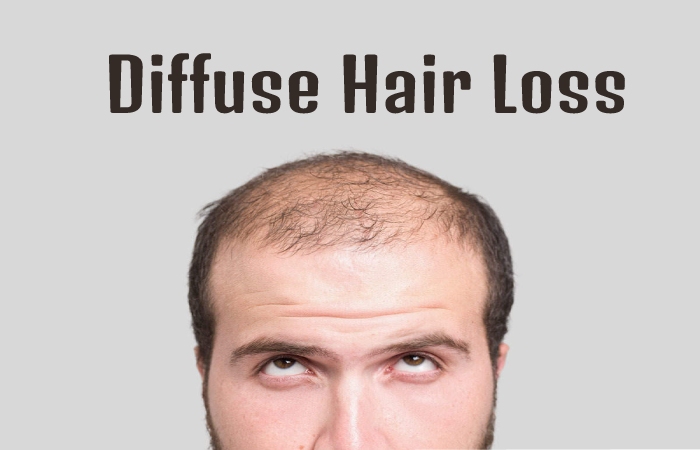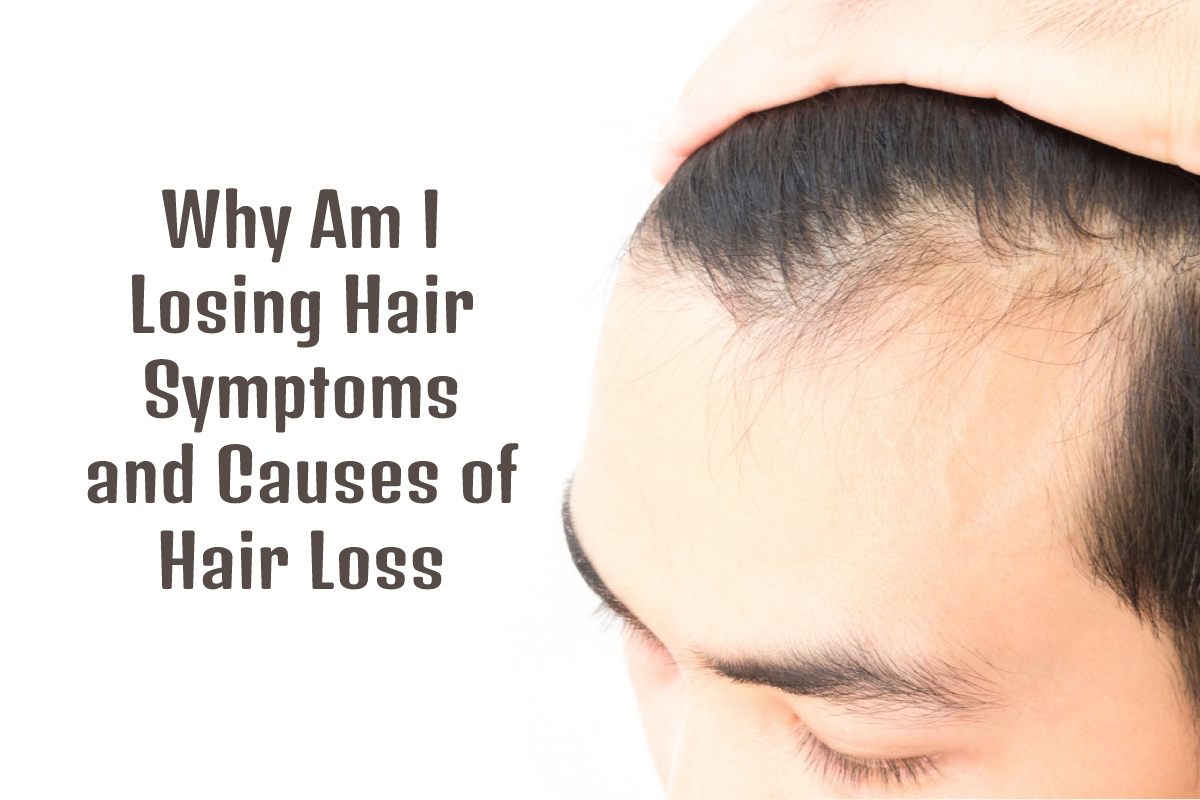Table of Contents
About Why Am I Losing Hair
Why Am I Losing Hair: Hair on the pillow, in the brush, or the shower drain is by no means a cause for concern. Every hair has its growth cycle; in the end, it stops growing and falls out. The process then begins again, and it grows back. In the case of hair on the scalp, this cycle can take several years, whereas eyelashes or eyebrows only grow in around 150 days. That’s why everyone loses hair every day. The rule of thumb is that a healthy adult’s 70 to 100 per day is average. And even if there should be more, one does not necessarily speak of pathological hair loss.
Thinning hair with age is also regular and often in the genes. After the growth phase, the hair follicles in the typical areas, such as the receding hairline in men, can no longer get out of the resting step, and no new hair forms after the hair have naturally fallen out.
Hair loss: When do I Need to See a Doctor?
The record common is age-related hair loss, which affects men, particularly young ones. With this hair loss, there is no need to see a doctor as there is no effective treatment option.
You should see a doctor,
- If the hair rapidly falls out in large numbers (“tufts”), especially if this is accompanied by itching of the scalp,
- With clearly defined bald spots on the head, beard, or eyebrows.
Some medicines can cause hair loss, especially treatments for cancer, rheumatism, depression, and heart problems, but birth control pills can also reason hair loss.
Excessive hair designing can lead to hair loss when the hair is pulled or the scalp is subjected to hot oil or allergenic dyes.
Which Remedy Helps Against Hair Loss
New products have regularly been launched online that promise to combat hair loss. However, doctors advise against such self-treatment. Firstly, there is no evidence that most of these hair restorers can reduce hair loss, and they can also have serious side effects. The active ingredient finasteride, for example, which many doctors have prescribed for hair loss, can cause severe depression and erectile dysfunction, including impotence, in patients. Often there is no need for medical treatment because hair loss can only be temporary or part of the natural aging process.
Whether therapy is necessary depends on the type and cause of the hair loss. There are three primary forms between which medicine distinguishes.
Androgenetic Alopecia
Androgenetic alopecia, also known as hereditary or male pattern hair loss, is the most common form of hair loss. In about 95% of cases, it is due to this form. Dermatology assumes that the cause is a genetic hypersensitivity to a specific male hormone (5alpha-dihydrotestosterone). Since the hormone is also found in small amounts in women, they can also be affected by this form.
However, in a different form: while androgenetic alopecia leads to thinning hair in women, in men, it is initially visible as a receding hairline and can lead to complete baldness. There is no effective therapy.
Diffuse Hair Loss

Sudden hair loss accompanied by an itchy scalp may be due to an infection with a non-contagious scalp fungus. This can be treated well; then, the hair grows back. Waiting too long can cause scarring with permanent destruction of hair follicles.
Diffuse hair loss occurs when the hair becomes thinner and thinner over the head of the hair. The causes can be very different:
- External factors, such as too much stress or lack of sleep
- Vitamin deficiency – but this is practically non-existent with a balanced diet
- taking medication
- x-rays
- infections
- thyroid disorders
- Hormone fluctuations, for example, after stopping the pill and during and after pregnancy
Circular Hair Loss
Circular hair loss (alopecia area) usually begins with individual bald spots on the head that spread quickly. In severe cases, the entire body hair is affected, and the hair ultimately falls out. A defective immune system is assumed to be the reason for circular hair loss: In this case, the body’s defense cells attack the cells of the hair roots. Whether this is the case has not been proven.
Therapy is difficult. In 80 percent of cases, the hair grows back within a year. There are various treatment approaches, but there has been no evidence that these therapies work, which is also due to the high number of spontaneous healings. Whether and how to be treated should be discussed with your doctor.
Conclusion
Hair loss can be due to genetic factors, changes in hormone levels, and certain medical conditions. Hereditary hair loss is the most common cause, affecting up to 50 percent of men and women. Other causes of hair loss are Recent childbirth

